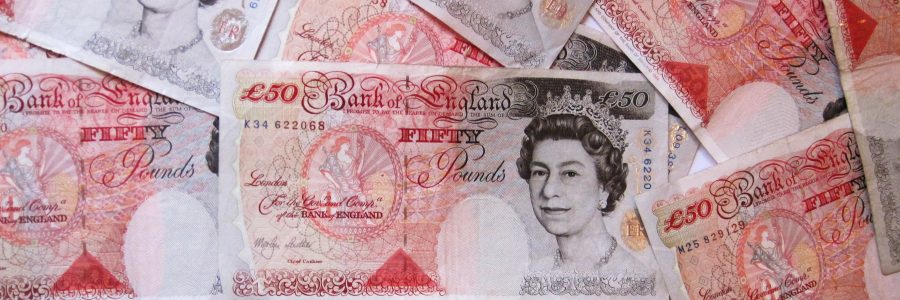
How are Unit Trusts Priced
Unlike most stocks and shares which can be bought at any time when the markets are open, a unit trust is only generally traded once a day. Part of this is due to their open ended nature, with everyone buying and selling units at one particular time in the day, the fund manager can use as much cash as possible from people buying into the fund to pay off the people selling units on a day which reduces the amount of cash that needs to be held, and means any asset sales can be planned in advance and done in bulk to save on costs.
Also, unlike stocks and shares, the value of the shares is based on the value of the underlying assets. With stocks and shares, the value of the share is based on the market’s opinion and may differ from the value of the underlying assets. For example, if an investment trust had £100 of investments, and 100 shares, the value of a share would be £1. However, if an oil company was worth £100 and had 100 shares, but the oil price went down, the share price might be less than £1.
Additionally, when buying stocks and shares, there is a difference between the buy and the sell price, as the intermediary that connects buyers to sellers takes a cut of the difference. For example a share might be priced at £1, but if you’re selling a share you get £0.95, and if you’re buying a share you get £1.05. The 10p difference is called the spread, and goes to the broker. Unit trusts and OEIC’s just have one price, and all orders, buy and sell, are done at that price.